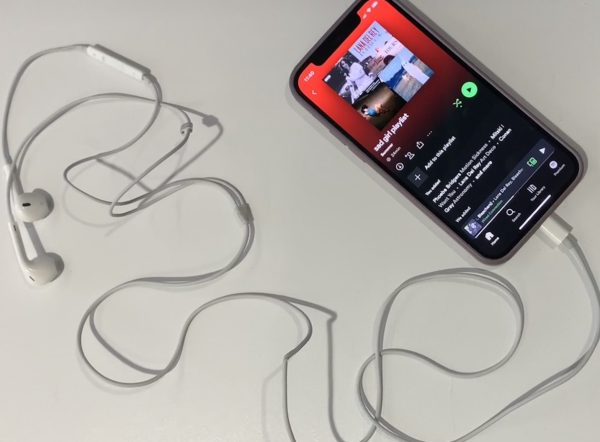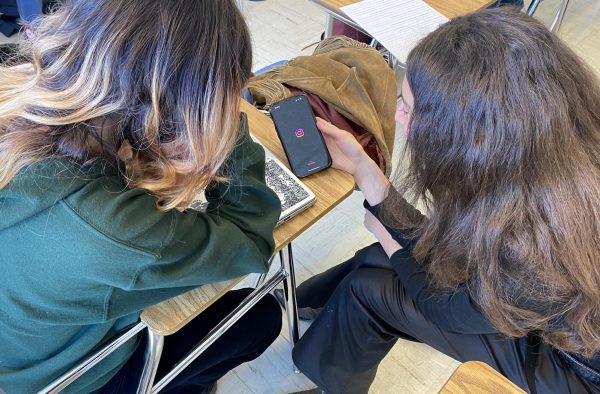The Quarter System Should Stay

When COVID-19 hit America in March of 2020, it was inevitable that schools would no longer be able to conduct in-person learning. District officials scrambled to create a temporary solution for the remainder of the semester, but it was clearly not optimal for long-term use. With the start of the 2020-2021 school year, the new quarter system was introduced. It consists of four quarters with four classes per quarter, as opposed to the old system of two semesters with eight classes per semester. We all know that this was put into place due to COVID-19, but the question is: Is the system viable for future use? Online schooling adds many complications—asking questions, turning in homework and distributing materials all present challenges. It also makes it harder to administer big tests and assignments, as it is nearly impossible for teachers to monitor cheating and other academic dishonesty. However, in future years when we can return to in-person learning, I think the quarter system approach may be a better alternative to the previous semester system.
First of all, I would suggest one small revision once we return to in-person. Passing periods could be shortened back down to five minutes each, giving each class an extra ten minutes. This time could be used by teachers to allow students to start on homework or ask questions. With the extra class time devoted to homework, students’ after-school workload would be significantly diminished. As a result, students who participate in extracurricular and after-school activities would have reduced stress. Getting out of class at 3 p.m. instead of 3:45 p.m. also helps with this, as the extra time will allow students to engage in longer activities. In addition to this, four day weeks have been shown to reduce stress while greatly increasing overall productivity, according to National Public Radio. Personally, having four day weeks has increased my focus while in class and has given me more time to do things I enjoy instead of constantly studying and doing homework. Senior Logan Harris said, “with less classes, I can focus more on each class.” Most students like Harris would agree that having two to four classes at a time instead of five to seven allows students to focus and learn each subject in-depth, as opposed to being forced to retain information from many classes.
In addition to benefiting the students, the quarter system would also help the teachers out. Giving them a day off to plan would allow them to put more time into their lessons and keep kids engaged. Only having a maximum of four classes also helps, as it limits their total amount of students and allows them to give more individualized help. With a 45 minute advisory period every day after class, it makes it easy to provide extra help. Students who are struggling would be able to receive more attention, and students who are doing well could do even better.
Despite its benefits, the quarter system presents a downside for student-teacher relations. Because teachers will only have students for one or two quarters, they won’t get to know them as well. This can hinder the communication between them, as they may take a while to become familiar with each other, only for the student to switch classes soon after. However, I think that this will force students to become comfortable with their teachers quickly, which is a useful skill in college and future jobs.
Overall, the quarter system has many advantages that the old semester system lacked and benefits both teachers and students. Shorter school weeks and extra time to get help allow students to stay on top of their work and be engaged during class. With a few small changes and a return to in-person learning, most of the current system’s flaws will be fixed and the positives will be further amplified. Whether we stick with the quarter system or create another new system, I think it is time for a change.

Akash Woods decided to join the Owl to learn what it’s like to be a journalist. He wanted to learn how to write an engaging story with a headline that pulled people in. He also wanted to improve his research skills as well as his interview skills. Akash enjoys many sports, including basketball, tennis, and biking. You can often find him engaging in one of these activities, usually with friends. He is not a very big fan of winter sports, however, due to an unfortunate history with both skiing and sledding. This means during the winter you are more likely to find him inside, with a mug of hot chocolate and his favorite food: purple grapes.





